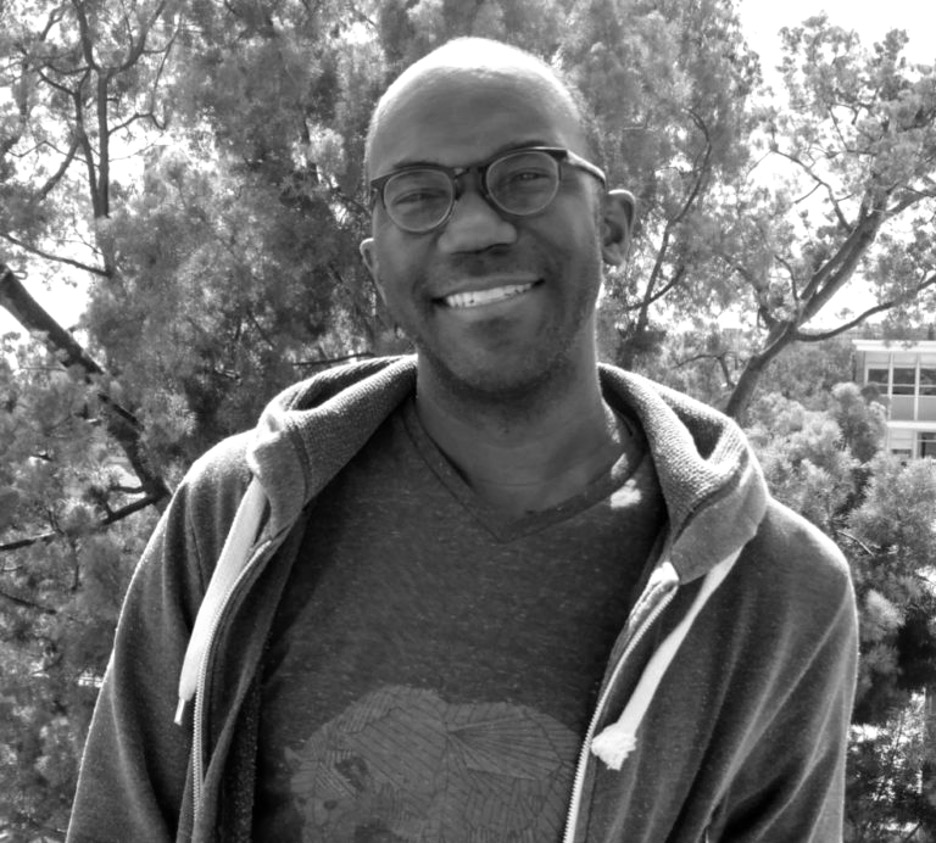Build a foundation in mixed-methods research for the social sciences and humanities

Explore global challenges through applied research that can make a difference
*Not running for this year’s Summer Sessions. Click here to view Institutes available this year.*
The UCLA Transformative Research Institute – Introduction to Applied Research is a four-week immersive program designed for students who want to build a foundation in mixed-methods research in the social sciences and humanities. In lectures, the cohort will learn about cross-cutting international issues around equity, justice, and sustainability. In deep dives, students will split into small groups to explore how these global challenges manifest at local levels, with Los Angeles as a “living lab” and case study.
In the “sandbox” students will work with real data sets to gain foundational skills in finding, preparing, and analyzing data–and synthesizing results for applied research that can make a difference.
Track 1 grounds students in mixed methods research in the social sciences, introducing them to quantitative, qualitative and geospatial analysis. Track 2 grounds students in applied linguistics methods and cultural sustainability frameworks.
For both tracks, the culminating work can become the basis of a thesis project, serve as a writing sample for applications to graduate schools, fellowships, and job applications for research-centered careers.
This intensive program carries 4 quarter units of UC credit and is structured around the experience of a methods lab and field school model typically offered within the first year curricula of graduate programs. While the program is designed with undergraduate students in their final two years of study, prospective and admitted applicants preparing for graduate school, and first year masters students in mind—any student interested in building foundations in mixed-methods research for academic or professional endeavors is encouraged to apply. Deep mentorship will be provided to ensure all students enjoy the experience, thrive in the program, and build lasting relationships with peers and mentors.
Transformative Research Summer Institute
Students will choose to pursue one of two tracks:
Track 1 – Social Science Mixed Methods: Introduction to Qualitative, Quantitative, and Geospatial Analysis
Learning Objectives:
- To think critically about the interrelated nature of economic globalization, urban development, and inequality.
- To develop analytic writing, storytelling, and editing skills, collaborative capabilities, and critical discussion skills
Track 2 – Introduction to Applied Linguistics Methods: Modern Endangered Languages
Learning Objectives:
- Introduction to the scientific study of human language with a focus on a number of core topics that are central to our current understanding of language (neurolinguistics, phonetics, morphology, and syntax).
- Explore interdisciplinary areas such as first language acquisition, the relation between language and thought, and animal communication.
- Examine the role of language in society by looking at non-standard language, slang, and obscenity.
- Analyze linguistic data from a broad range of languages.
- Gain a better understanding of what human language is and how we use it in our daily lives.
Coursework
- Track 1 – Social Science Mixed Methods: Introduction to Qualitative, Quantitative, and Geospatial Analysis, GLBL ST 160, 4 units
- Track 2 – Introduction to Applied Linguistics Methods: Modern Endangered Languages, AFRC ST 201A, 4 units
Grading Basis
Students will receive a letter grade upon completion. See University Credit, Grades and Transcripts for more information about academic credit.
In order to successfully complete the program, students must not have more than 2 excused or unexcused absences.
The schedule and syllabus are subject to change. Enrolled students will be given updated materials closer to the program start date.
Fees and Payment Info
The program fee includes the unit fees for the UCLA coursework offered as part of the program and thus varies by UC student status. In addition to the program fee, students are assessed other campus and administrative fees during the summer. This is a summary of fees that commonly apply to the selected student type.
Actual tuition and fees are subject to change by the University of California. Visit the fees, payment, and financial aid section for important disclaimer, as well as more details on fees, payment instructions, and information on delinquency, refunds, and financial aid.
Meet your instructors
Erica Anjum
Director – Track 1: Social Science Mixed Methods: Introduction to Qualitative, Quantitative, and Geospatial AnalysisErica Anjum is the deputy director of the UCLA African Studies research center. She teaches courses in International Development in the UCLA International Institute and in Urban and Regional Planning in the UC Berkeley College of Environment Design. Her background includes multidisciplinary training and professional experience in the visual arts, STEM, philosophy, policy, planning, and regional and international development. Her current international projects focus on developing sustainable infrastructure to increase access to water and other basic needs in low-income countries and on addressing the needs of people, particularly women and girls, living in refugee camps in Africa, the Middle East, and South and South East Asia. Anjum’s current U.S. projects focus on increasing resiliency in vulnerable communities facing natural disasters particularly wildfires in California; hurricanes in Hawaii, New Orleans, and Puerto Rico.

Harold Torrence
Director – Track 2: Introduction to Applied Linguistics Methods: Modern Endangered LanguagesHarold Torrence is a professor in the UCLA Department of Linguistics. He directs UCLA African Studies research center and chairs the M.A. program in African Studies. His research focuses on the comparative syntax and morphology of African and Native American languages. Dr. Torrence is currently involved in several research projects that explore the intersection of linguistics, language documentation, and fieldwork training. Notable ongoing projects include:
Training Students for Fieldwork in Africa
Dr. Torrence is a co-Principal Investigator (PI), alongside Jason Kandybowicz (CUNY Graduate Center), on an NSF-funded project titled Training and Text Collection as a Vehicle for Recruiting and Retaining Endangered Language Fieldworkers. This project is focused on training students to conduct fieldwork by providing hands-on experience working with native speakers of endangered and understudied languages in Ghana. In the summer of 2018, the research team traveled to eastern Ghana to conduct fieldwork on two languages spoken in the Ghana-Togo Mountain region: Avatime and Logba. The fieldwork included language elicitation, text collection, and video documentation, with the dual goals of preserving these languages and training the next generation of language fieldworkers.

Transformative Research Summer Institute – FAQ
Students are required to have a laptop with capability to access to Jupyterhub, python, Arc-GIS, UC research databases. A phone with camera and ability to download program-related apps, and a notebook, pens, and pencils.
Still have questions? Check out the general Summer Institutes FAQ.

